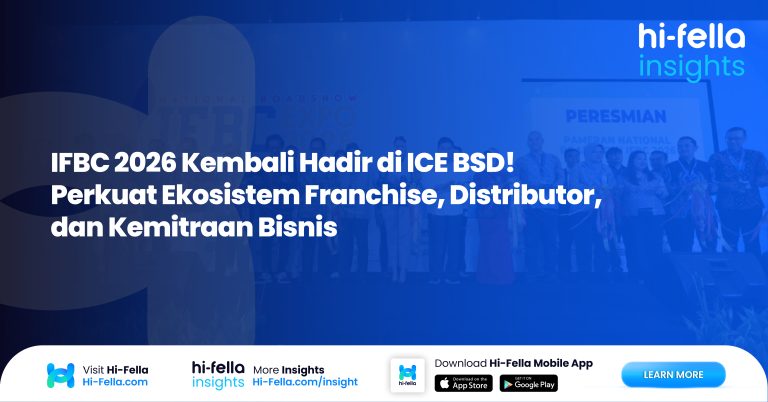In the vibrant business world, understanding the components of business that form the foundation of any enterprise is crucial.
Just like a car needs all its parts to function smoothly, a business requires a harmonious blend of various components to thrive and sustain.
Whether you’re a budding entrepreneur or a seasoned professional, grasping these elements is essential to navigating the business landscape.
This article will dive deep into the fundamental components of the business, elucidating their significance and interplay!
Core Component of Business

Source: Pexels
Understanding the foundational components of business is crucial for anyone, from seasoned entrepreneurs to budding professionals.
Each component of business has its unique importance and, when effectively managed, can lead to a business’s sustainable growth and success. Here’s a deeper dive into these components:
- Organizational Structure
Every business, irrespective of its size, has an organizational structure. It defines roles, responsibilities, and the hierarchy within the company.
Whether it’s a traditional hierarchy or a flat structure, getting this component right ensures clear communication and effective functioning. A well-defined structure can boost efficiency and productivity.
- Operations
This component is the heart of the business. It involves the day-to-day tasks that keep the business alive, such as product development, quality control, and delivery services.
Efficient operations can drastically reduce costs and improve customer satisfaction. It’s essential to assess and optimize operations to stay competitive regularly.
- Marketing
Marketing is the voice of the business. It’s how companies communicate with potential customers and position themselves in the market. Effective marketing can make or break a product’s success.
From traditional advertising to digital marketing strategies, staying updated and innovative is the key. According to Forbes, adapting to changing consumer behavior and leveraging technology can maximize marketing outcomes.
- Finance
Every business activity, directly or indirectly, revolves around finances. From initial investments to managing profits and losses, understanding the financial component is paramount.
It helps make informed decisions, ensure sustainability, and evaluate business health. Regular audits and financial assessments can pave the way for fiscal stability.
- Human Resources (HR)
Behind every successful business are its people. Human Resources ensures the right people are in the right roles.
HR manages recruitment, training, employee well-being, and organizational culture. A study by Gallup shows that focusing on employee experience can lead to better business outcomes.
The Interplay and Significance of Business Components

Source: Pexels
While each component has its distinct role, it’s their collective interplay that determines the success of a business.
For instance, effective marketing can drive sales, but without efficient operations, customer satisfaction may plummet. Similarly, a robust financial strategy can foster growth, but the strategy might fall flat without the right human resources to implement it.
It’s like a well-coordinated orchestra – each instrument plays its part, but the harmony they create together resonates.
Tips for Balancing and Optimizing Component of Business

Source: Pexels
Success in the world of business is often about balance. Ensuring each component of the business functions optimally is crucial, but the interplay between these components is equally important. Here are some strategic ways to ensure this balance:
- Continuous Learning
As the Harvard Business Review points out, staying updated is no longer an option but necessary in today’s fast-paced business environment.
Workshops, online courses, and seminars are excellent avenues to gain new insights. Platforms like Coursera or Udemy offer various courses tailored to various business needs.
- Feedback Loop
As Forbes suggests, creating a culture where feedback is encouraged and valued can be transformative.
Gathering insights from employees, customers, and stakeholders can highlight strengths and areas needing improvement, allowing for more informed decision-making.
- Embrace Technology
The digital revolution is here, and businesses must adapt or get left behind. According to TechCrunch, automating operations, leveraging AI for data analysis, or tapping into digital marketing can be monumental in optimizing business processes and reaching wider audiences.
- Networking
Building connections is more than just exchanging business cards. Engaging with peers, mentors, and other industry players can open doors to collaborations, partnerships, and new avenues for growth.
And when it comes to networking, Hi-Fella stands out as a platform designed to connect entrepreneurs, providing opportunities to share, learn, and grow.
Incorporating these strategies and remaining adaptable will pave the way for a well-balanced and thriving business.
Conclusion
Running a business is like fitting puzzle pieces together. Every component of the business is essential. And while you’re busy making sure everything fits just right, remember that finding the right people to work with can make a big difference.
Looking for a supplier or buyer? Find a supplier or buyer for your business at Hi-Fella. It’s a simple way to find what you need for your business. Let’s make things easier with Hi-Fella!








